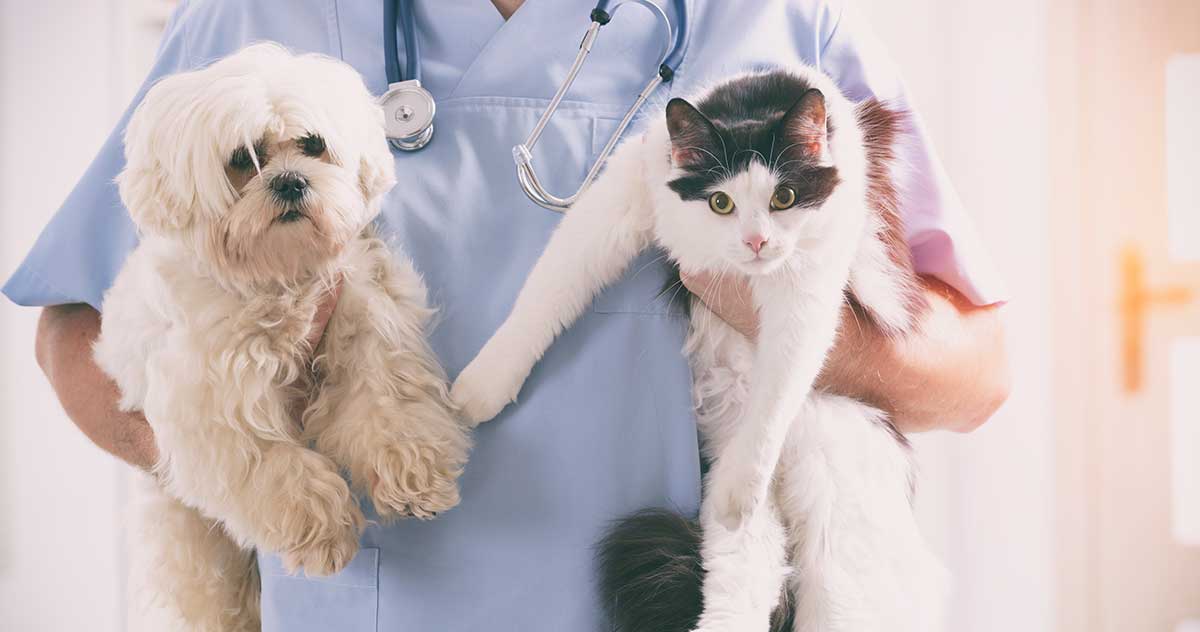Pet Cancer Care (general pet oncology treatment & chemo)
When it comes to pet health, one of the more serious and potentially life-threatening conditions is cancer. For pets who develop this disease, they will require specialised care if you choose to treat it. Pet cancer care typically involves a combination of oncology treatments such as chemotherapy, immunotherapy, radiation therapy as well as surgery to remove tumours.
What Are Common Symptoms Of Cancer In Pets?
Common symptoms of cancer in pets include sudden weight loss, lack of appetite, difficulty breathing or walking, laboured breathing, vomiting and diarrhea. Some lumps may be visible on the skin as well. If you notice any changes in your pet’s behaviour or physical health that persist more than two weeks, it’s important to seek medical attention if you notice any of these symptoms.
What Causes Cancer in Pets?
The exact causes of pet cancer are not always known; however, environmental factors such as exposure to carcinogens, vaccines, or radiation can all increase a pet’s risk for developing cancer. Additionally, some breeds have higher rates of certain types of cancers than others due to genetics. Often it is unknown why some pets develop this vs others.
Diagnosis and Testing
Diagnosis and testing for pet cancer is essential for providing the best care possible. Early detection of cancer in pets is beneficial as it allows for prompt treatment of the disease and can lead to improved outcomes. The diagnosis process begins with a physical exam, which may include imaging tests such as X-rays, ultrasounds or CT scans. Depending on the results, a veterinarian may collect tissue samples from the affected area to determine if there are signs of cancerous growths present. In addition to these tests, blood work may be performed to check levels of proteins that indicate abnormal cell division.
Treatment Options
Once diagnosed, pet owners have several options when it comes to treatment including chemotherapy and radiation therapy. Chemotherapy works by targeting rapidly dividing cells that are responsible for tumour growth while radiation therapy uses high energy beams to destroy malignant cells.
The first step in navigating pet cancer care is to understand the different types of treatments available. Pet oncology treatment includes surgery, chemotherapy, radiation therapy, immunotherapy, and cryotherapy. Surgery involves removing a tumour or a large portion of an organ that has been affected by the disease. Chemotherapy works by killing off rapidly dividing cells, both healthy and cancerous within the body. Radiation therapy uses high energy rays to target and destroy tumours while preserving healthy tissue as much as possible. Immunotherapy boosts the immune system’s ability to fight cancer through drugs or vaccines administered over time.
Chemotherapy for pets works in much the same way as it does for humans: drugs are used to kill or slow the growth of malignant cells and shrink tumours. In addition to traditional forms of chemo, newer methods such as targeted drug therapies have also been developed in recent years that can be more effective with fewer side effects.
Home Care & Support
Pet cancer care is a specialty area that requires a special approach and understanding of the disease. It can be difficult to manage, but with the right home care and support, it is possible to provide your pet with the best quality of life during their illness.
When providing pet cancer care at home, there are several things you should consider. First, make sure your pet has access to fresh water and food that is appropriate for their age and health condition. Second, ensure that your pet receives all recommended treatments prescribed by an oncologist or veterinarian. This may include chemotherapy, surgery or radiation therapy depending on the type of tumour present in your pet’s body. Lastly, provide emotional support for your pet throughout their treatment process as this can help reduce stress levels and encourage healing.
It is important to be informed about pet cancer care and the treatment options available for our furry family members. Owners of pets with cancer should work closely with our veterinarians to develop the best treatment plan for their animal. It is essential to understand the risks and benefits of chemotherapy, radiation therapy, and other treatments that might be recommended. With proper diagnosis and care, many pets can live a long and comfortable life even when faced with this serious illness.

